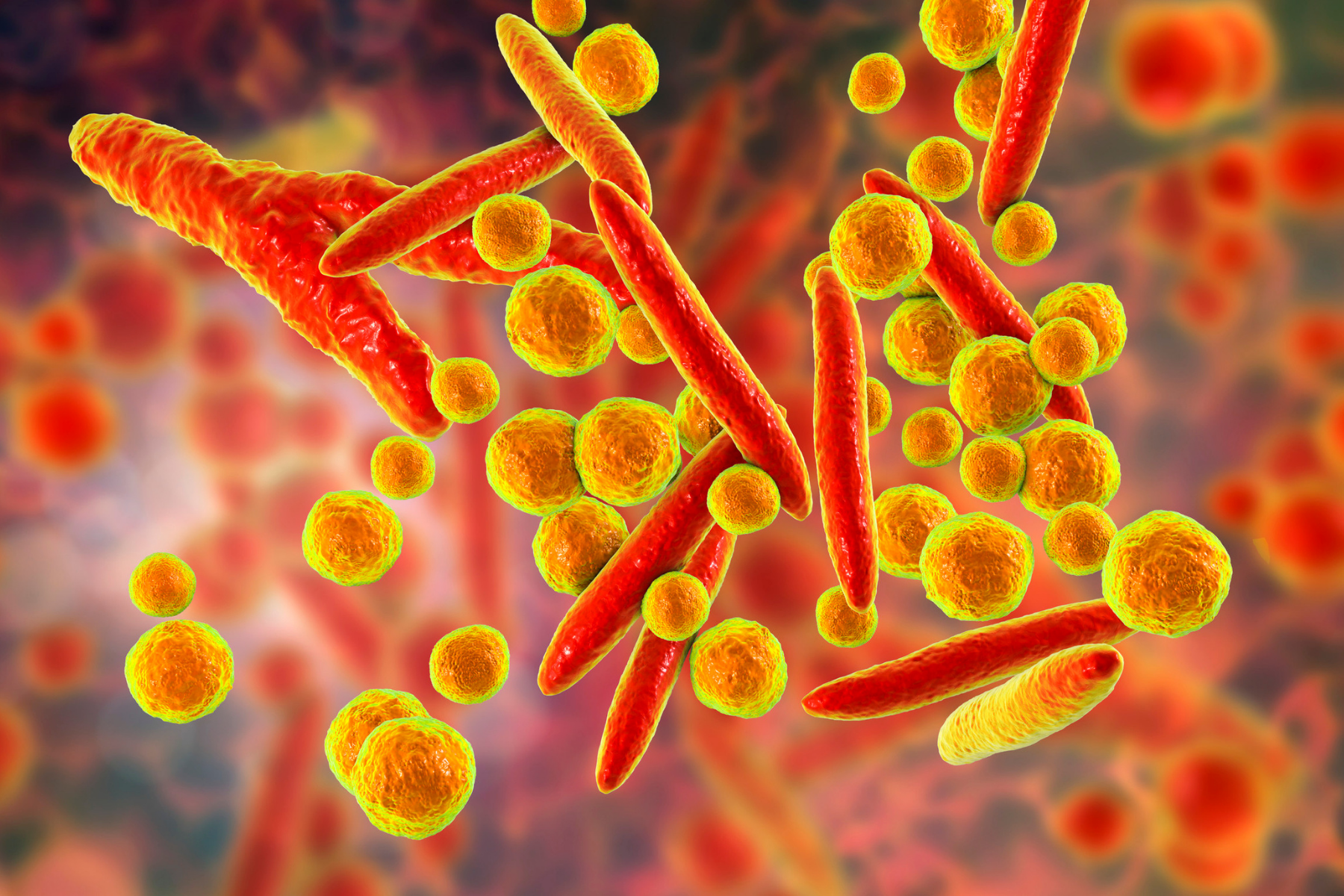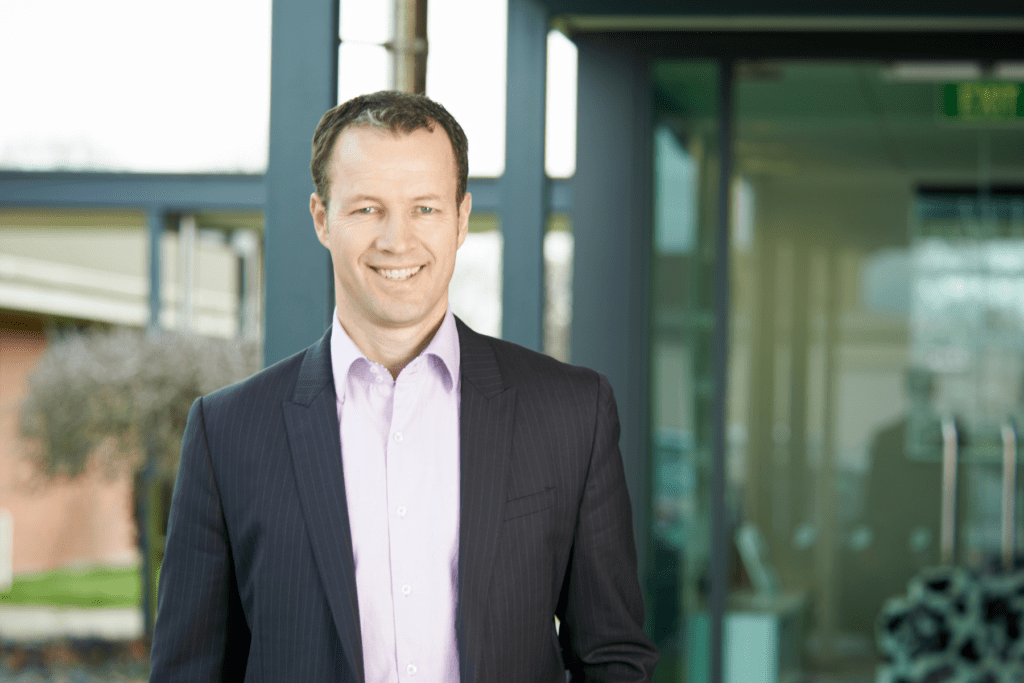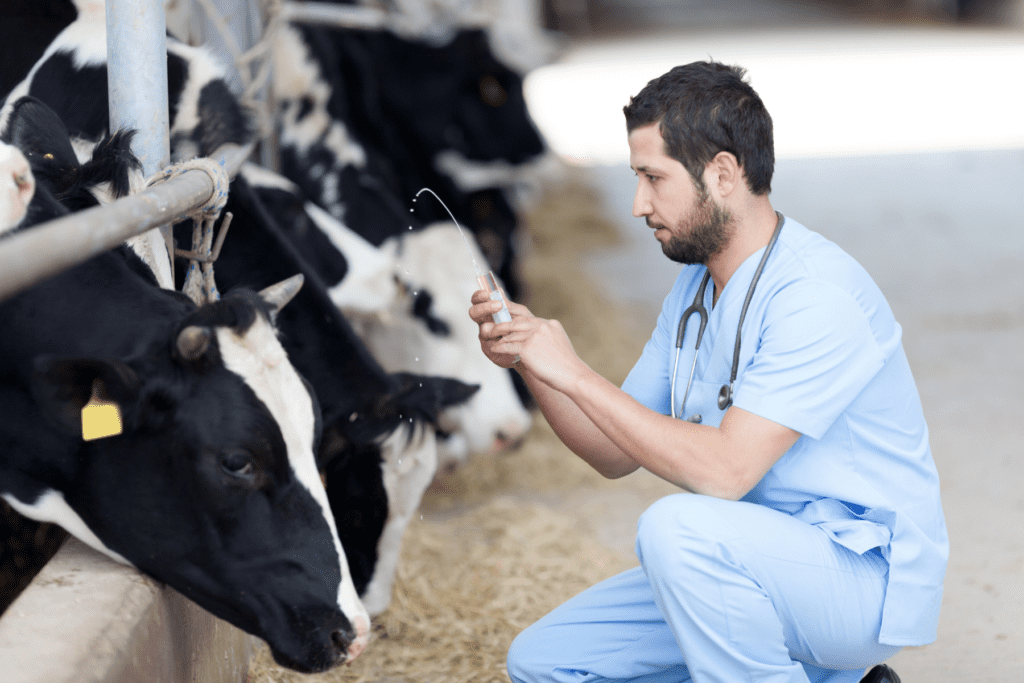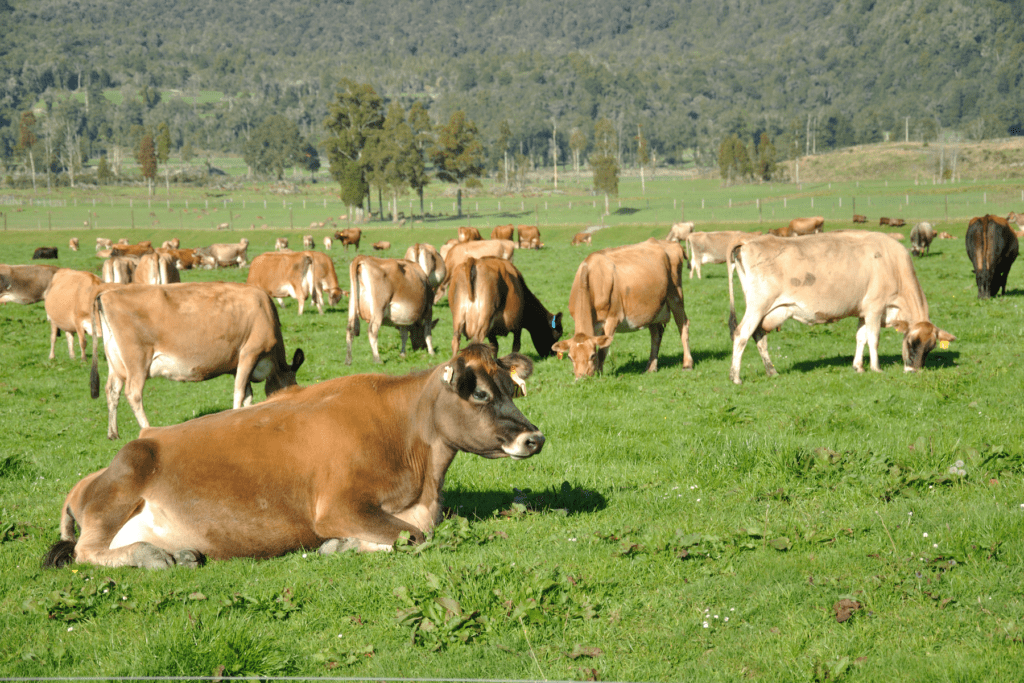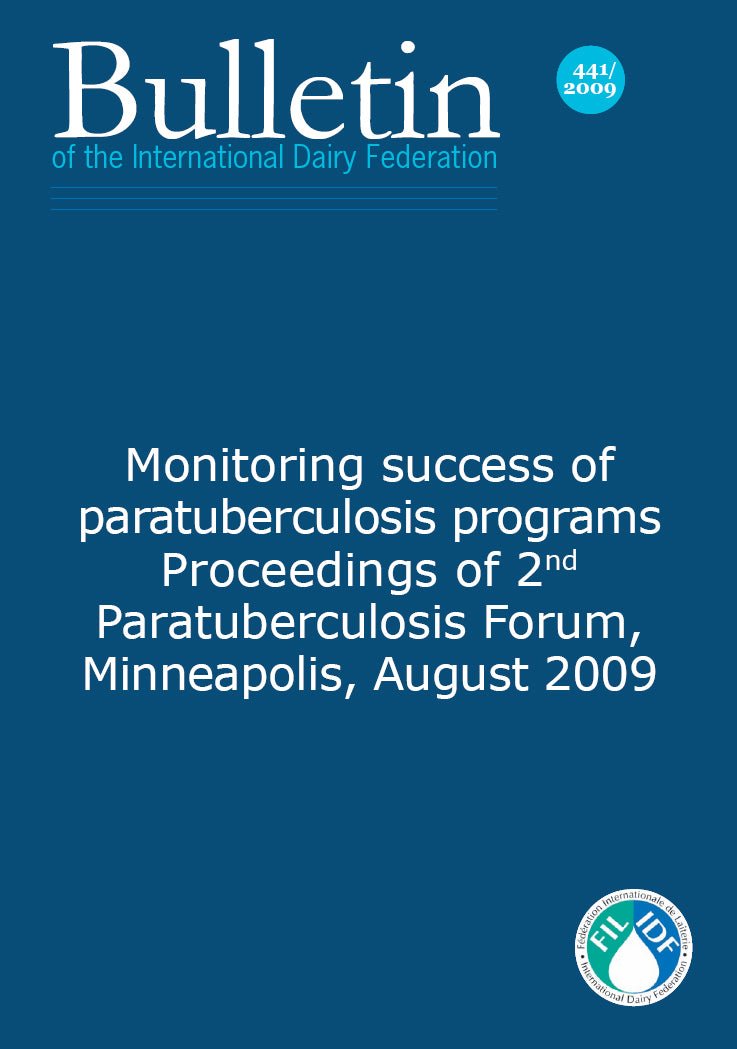Eradicating Mycoplasma bovis from New Zealand, where the disease is not endemic, has posed a challenge for dairy farmers since its outbreak in July 2017. The government is partnering with the dairy and beef sectors to rid their herds of the disease within the next two years.
Mr Tim Mackle, CEO of DairyNZ, will outline the public-private partnership to wipe out M.bovis at a conference on Animal Health and Welfare on 18 October during the IDF World Dairy Summit 2018 in Daejeon, South Korea, which takes place from 15-19 October.
Dr David Kelton of the University of Guelph, Canada, will present a global perspective on Paratuberculosis, which is a source of significant economic loss to animal agriculture globally as it is a difficult disease to control.
“Paratuberculosis control programmes vary tremendously around the globe. While there is general agreement that this is a disease of economic and potentially zoonotic importance, the challenges in controlling this disease are substantial,” said Dr Kelton.
Dr Elisabeth Erlacher-Vindel will present the strategy of the World Organisation for Animal Health (OIE) on antimicrobial resistance (AMR) and the challenges of prudent use of antimicrobial agents in animals globally.
“The availability and use of antimicrobials have transformed the practice of human and animal medicine, advancing global human health, animal health, and food safety and security,” said Dr Erlacher-Vindel.
“But the overuse and misuse of antimicrobial agents have contributed to the emergence and spread of antimicrobial resistant organisms, threatening not only human health but also animal health and welfare”.
Dr Keun Seok Seo of Mississippi State University, USA, will address antibiotic resistance and mechanisms of dairy cattle pathogens, looking at the efficacy of bovine mastitis vaccine in protecting dairy cows from Staphylococcus aureus infection. Professor Yong Ho Park of Seoul National University will give an overview of the Codex Task Force on AMR, and Dr Tine van Werven of Utrecht University will address healthy farming using less antimicrobials, looking at the case of The Netherlands.
The management of AMR is important for animal health and welfare, as well as for humans, to safeguard public health, said IDF Director General Caroline Emond.
“Dairy farmers and producers can benefit from effective policies and best practices on AMR, looking at lessons learned,” said Ms Emond. “The OIE’s global database on antimicrobial agents for use in animals is an excellent initiative to monitor progress and to contain antimicrobial resistance. The IDF works in close collaboration with the OIE and the Codex Alimentarius Commission on AMR, and our collective efforts contribute towards improvements in animal health and welfare”.
Dr Olav Østerås of Tine, Norway, will speak on the application of OIE and ISO standards on animal welfare in Norway using the animal recording system, while research scientist Dr Jeffrey P Rushen will present the Canadian perspective on animal welfare programmes. Dr Shusuke Sato of Teikyo University of Science, Japan, will present his views on different models of animal welfare practices in the East Asian country.
Other speakers include Professor Henk Hogeveen of Wageningen University, The Netherlands, who will talk about the economic importance of animal health and illustrate ways to optimize animal health at the herd and individual cow level.
“In many dairy systems, it is cheaper to step away from blanket dry cow therapy”, said Professor Hogeveen. “The decision to apply dry cow therapy is a balance between economics, anti-microbial resistance and cow welfare”.
Ms Susie Stannard of AHDB, UK, will examine consumer value of animal welfare; and Dr Chaidate Inchaisri of Chulalongkorn University, Thailand, will review the economics of improved reproductive performance in Thai dairy cows by using hormonal synchronization and activity sensor.
Please click on the link below to download the programme for the IDF World Dairy Summit 2018.
For more details, visit www.idfwds2018.com




